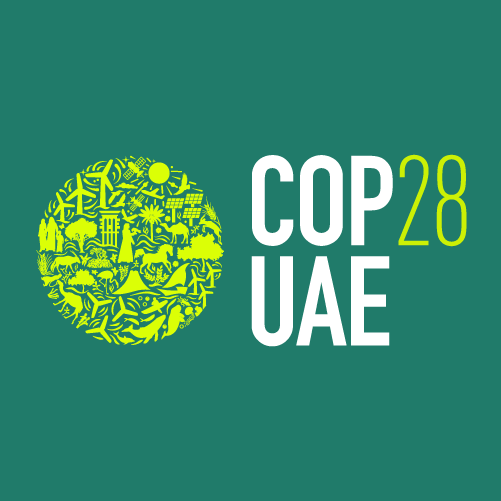WASHINGTON (November 29, 2023) – World leaders will be gathering for a major, annual international climate summit known as the Climate of Parties, or COP28, this week in Dubai, United Arab Emirates. The conference runs from Nov. 30 to Dec. 12. NPR says the summit is expected to tackle conversations around climate change, efforts to reduce greenhouse gas emissions and how to finance the costs of a warming planet.
Faculty experts at the George Washington University are available to offer insight, commentary and analysis on the upcoming summit and core themes to come out of the meetings in Dubai. Additionally, a group of GW faculty and students will be attending COP28 in person. If you would like to schedule an interview, please contact GW Media Relations at gwmedia gwu [dot] edu (gwmedia[at]gwu[dot]edu).
gwu [dot] edu (gwmedia[at]gwu[dot]edu).
Robert Orttung, research professor of International Affairs and director of research at Sustainable GW, is attending COP28 with a group of GW students. Orttung is leading two National Science Foundation grants focused on promoting urban sustainability in the Arctic and is serving as the editor of the forthcoming Sustaining Russia’s Arctic Cities. He can discuss a number of topics related to climate change and the Arctic.
Susan Anenberg, Director of the GW Climate & Health Institute, and professor of environmental and occupational health. Anenberg’s research focuses on the health implications of air pollution and climate change. Her team has published studies finding links between health problems like asthma and exposure to emissions and other pollutants.
Gaige Kerr is a senior research scientist at the GW Milken Institute School of Public Health. He studies air pollution, inequities in access to clean air, and can discuss interactions between air pollution and climate change as well as strategies that can mitigate the harmful effects of both greenhouse gases and climate change.
Neelu Tummala, a clinical assistant professor of surgery, is a surgeon whose academic work focuses on the intersection of climate and health. She has said that climate change is a medical problem as well as environmental issue. She can speak to her experience treating patients who have been impacted by climate change, as well as how environmental justice impacts health disparities.
Rachael Jonassen, Associate Research Professor, Sustainable Urban Planning Program and Director of the Climate Change and Greenhouse Gas Management Program in the Environmental and Energy Management Institute at George Washington University. Jonassen has nearly 3 decades of experience in developing and applying climate downsizing techniques.
Lisa Benton-Short, professor of geography, is an expert on environmental issues in cities, urban sustainability, and cities and immigration. She can speak to cities and climate change, and the conversation around the "Loss and Damage fund" for developing countries to cope with climate change as well as more broadly on topics related to climate justice.
Jonathan Deason is a professor and director of the GW Environmental & Energy Management Institute. His expertise includes all aspects of air quality management, including greenhouse gas management and implications for global climate change mitigation and adaptation.
Robert Glicksman, J.B. and Maurice Shapiro Professor of Environmental Law is an expert in environmental, natural resources and administrative law. Glicksman has written about and can speak to alternative ways to allocate regulatory authority, climate change, federalism issues in environmental law, the challenges facing the federal and land management agencies, and environmental enforcement.
Caitlin Grady, assistant professor of engineering management and systems engineering, studies the form and functions of interconnected infrastructure across water, food, and energy systems. Her research seeks to combine network models, socio-technical data, and ethical-epistemic analyses to create a more sustainable and secure environment. Grady’s areas of expertise include the state of climate adaptation, infrastructure resilience, and global environmental negotiations.
Nina Kelsey is an assistant professor of public policy and international affairs. Her research examines the role of interests in environmental policy making and negotiation. In particular, she focuses on how changes to interests can occur over time, especially via feedback, and how these changes shape environmental policy making at international, national, and subnational levels.
-GW-





